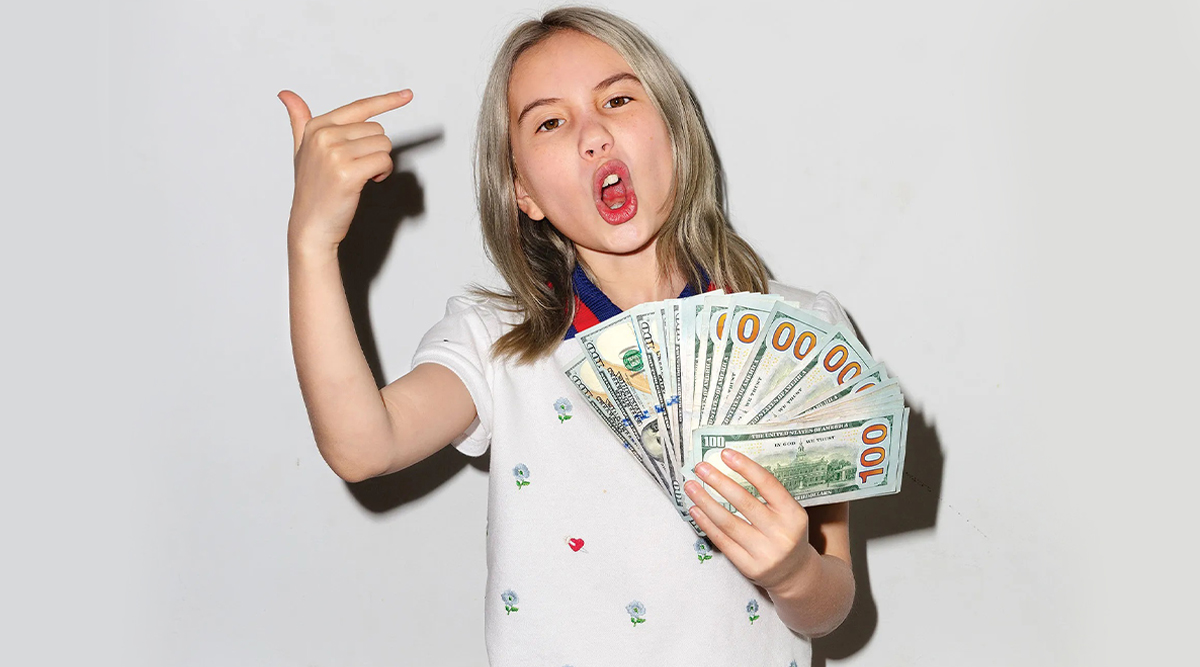


The untimely passing of viral teen influencer and rapper, Lil Tay, on August 9 at the tender age of 14, has sent shockwaves through the digital world, reigniting conversations about the toll of fame on young individuals. Lil Tay, born Claire Eileen Qi Hope, captured hearts and controversies alike with her meteoric rise to fame at just nine years old, underscoring the darker side of unchecked online exposure.
Lil Tay's journey began in 2018, when her audacious videos flooded social media platforms like Instagram and YouTube. Her foul-mouthed rants, extravagant displays of wealth, and links to the Crips gang fascinated millions while simultaneously raising eyebrows. This young persona amassed over 3 million Instagram followers, with Lil Tay dubbing herself the "youngest flexer." Her content often involved showcasing luxury cars and lavish homes, creating an unmistakable buzz.
However, alongside the fame came backlash. Critics accused Lil Tay of promoting materialism, negative stereotypes, and a harmful culture of excess. The juxtaposition of her age with her explicit content fueled debates over her authenticity and whether she was being manipulated for profit.
Despite the controversies, Lil Tay stood her ground in May 2018, defending her choices and asserting her autonomy. She brushed off concerns and maintained that she was content with her path.
Born Claire Hope in Vancouver on July 29, 2007, Lil Tay's early life hinted at different interests, including ballet, piano, singing, and an affection for the film "La La Land." Managed by her mother, Angela Tian, her rapid ascent raised concerns about the impact of fame on her well-being.
Although Lil Tay had reduced her activity on Instagram in the past few years, her final post before news of her passing emerged was a tribute to fellow young artist XXXTentacion. In this post, she expressed her profound admiration and sadness for his untimely departure.
As the circumstances surrounding her death remain undisclosed, Lil Tay's legacy becomes a mirror reflecting the complexities of modern fame, the perils of youth exploitation, and the blurred lines between authenticity and manipulation. Her story serves as a stark reminder of the need for a more responsible approach to nurturing young talent in the digital age.
(Also Read: Shocking! Rapper Tory Lanez Sentenced To 10 Years In Prison For Shooting Megan Thee Stallion (Details Inside))
In this era of instant stardom, Lil Tay's tale is a poignant lesson about the potential pitfalls of unbridled online exposure for young individuals. As society grapples with her legacy, it is crucial to prioritize the well-being of young talents, safeguarding them from the allure and dangers of overnight fame. By doing so, we can foster a more thoughtful and nurturing environment for youthful creativity in the ever-evolving landscape of the internet age.